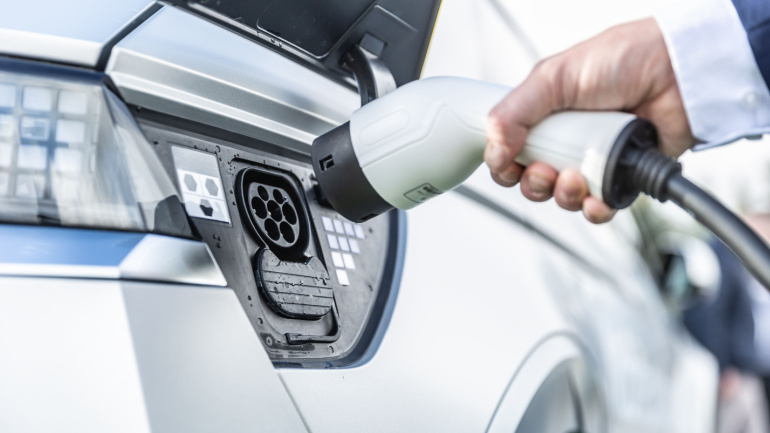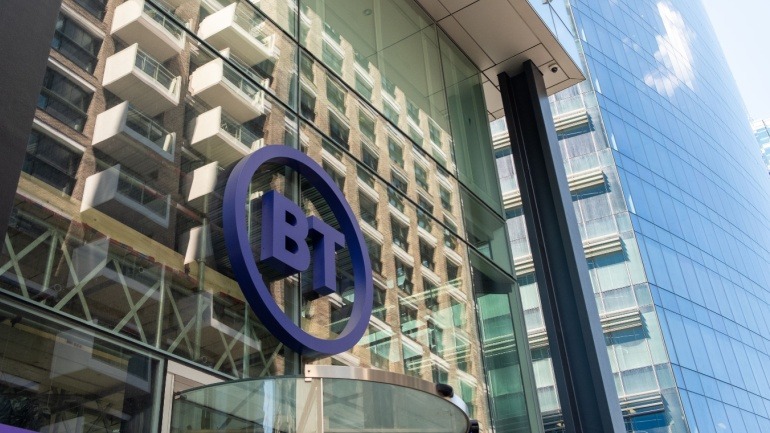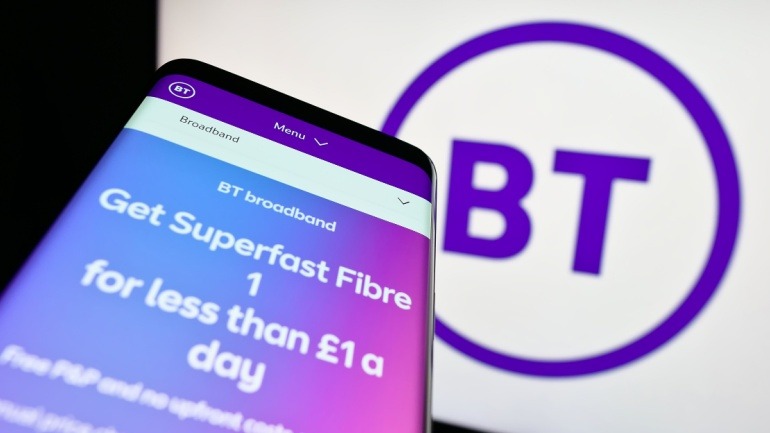In an innovative leap forward, BT has publicized the commencement of an experimental endeavour to transform antiquated street cabinets, formerly purposed for broadband and phone cabling, into charging stations for electric vehicles (EVs). These cabinets, rapidly becoming redundant due to the transition to full-fiber installations directly linking to homes, are prompting the telecommunication giant to embark on a project of repurposing.
This test project was originally publicized in the summer of the previous year, with the promised conversion of the first batch in Belfast. A recent update from BT, however, has confirmed that the inaugural cabinet conversion will transpire in East Lothian, Scotland. Following this, further installations are scheduled for later this year in Belfast, with an expansion to other areas. With an estimated extension to around 600 additional test points across the UK, these pioneers mark the beginning of a commercially viable EV charging network for UK drivers. The immense success of this project could see over 60,000 of BT’s 90,000 cabinets repurposed.
Critical factors that will be evaluated in this pilot include technical, commercial, and operational elements. Cabinet location and accessibility, power availability, and commercial viability all require significant consideration. On this, Tom Guy, Managing Director at Etc, stated in a press release, “Our new charging solution is a huge step in bringing EV charging kerbside and exploring how we can address key barriers customers are currently facing.”
With only slightly over 53,000 public EV charging stations in the UK at the moment, there is a significant demand for charging infrastructure given the 2030 ban on sales of internal combustion engine vehicles. The UK government has established a target to boost the country’s EV infrastructure by an additional 300,000 charging points by 2030, a project with a projected cost of roughly £1.6 billion.







